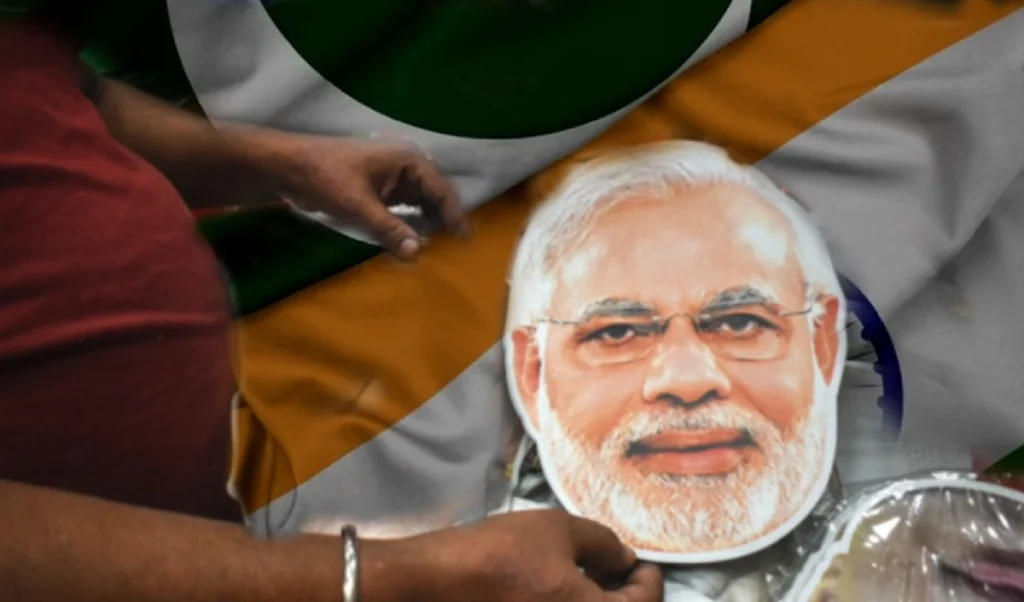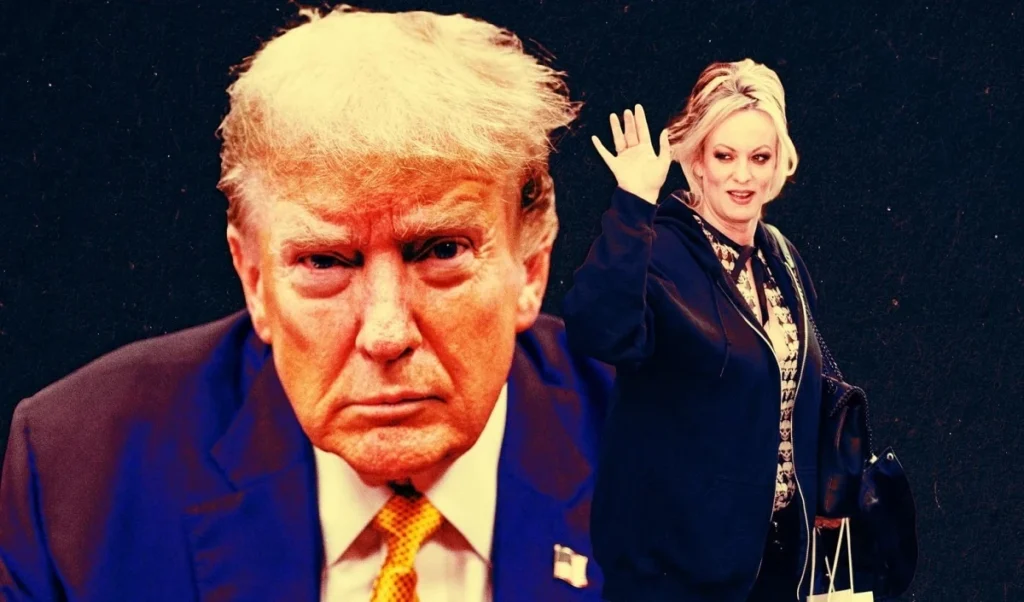Be it the fight against Corona or rescue from foreign countries, India has not only been seen in the role of an elder brother but has also made the world aware of this through its practicality. For Prime Minister Narendra Modi, the interests of his country and countrymen are more important than pleasing America or Russia. In the last 10 years, Prime Minister Narendra Modi has achieved such a stature in international politics that the rulers of China and Pakistan cannot even imagine. Narendra Modi means the coin of India’s diplomacy which is being praised in the world’s Chaupals. In the form of Narendra Modi, the world has got a global leader who has also extended a helping hand to other countries when the time came. Today, Modi is counted with leaders like US President Joe Biden, Chinese President Xi Jinping, Russian President Vladimir Putin. In fact, if the approval rating is to be believed, Modi’s popularity is far ahead of all these. It is because of PM Modi’s great stature that India has been able to adopt a different diplomatic stance in the Russia-Ukraine war. Now the elections in India have reached the last phase and in a few hours the fate of the leaders will be captured inside the EVM. In such a situation, the discussion on Modi 3.0 has intensified. Let us know why the third term of Prime Minister Modi is important for India and the world?
What does the world expect from Modi 3.0
One reason for the BJP’s favourable position in the elections is the strength of India’s economy. When Modi became prime minister in 2014, India was the world’s tenth-largest economy. Today it is fifth. So if the elections go as expected, what can the world expect from “Modi 3.0” in terms of economic priorities? Will this political stability mean an end to policy uncertainty? The administration appears to be gearing up for March 16, when the model code of conduct for elections comes into force to discourage policy announcements that could influence voters before the election. On March 10, the government signed a free trade agreement with the European Free Trade Association and on March 15 announced a new policy to open the Indian market to the world’s leading electric vehicle companies. It also approved three new semiconductor projects, revised prices for liquefied petroleum gas and formal rules for implementing the Citizenship Amendment Act ahead of the March 16 deadline.
Continuity in India’s foreign policy objectives will be ensured
The world is now acknowledging the strength of India’s diplomacy at the global level. The third term of the Modi government will probably double its efforts to represent the voices and interests of the Global South and to obtain a permanent seat in the United Nations Security Council. Prime Minister Modi’s leadership is indispensable to advance India’s interests and aspirations on the global stage. As India is establishing itself as a leading global power, it needs a leader with clear vision, strategic insight and diplomatic skills. Prime Minister Modi’s proactive approach to foreign policy and meaningful partnerships put India in a sweet position on the international stage. Narendra Modi’s re-election will ensure continuity in India’s foreign policy objectives, further strengthening its position as a key player in shaping regional and global dynamics.
While this may appear to be a purely geopolitical goal, there are also economic factors involved. The government will continue to partner with like-minded countries in areas such as security, diversifying supply chains, and critical and emerging technologies. Closer to home, the administration will focus on advancing its relationships with the governments of Bangladesh, Bhutan, Nepal, and Sri Lanka to continue increasing connectivity, commerce, and other linkages across South Asia.
the world’s third largest economy
India’s economy is expected to become the world’s third largest in the coming years. However, the administration may face challenges abroad and domestically as it seeks to grow its economy at a rate of about 7 percent of GDP per year. As just one example, the United States and Europe are tightening their industrial policies, which could slow manufacturing growth in India by restricting foreign direct investment and exports. Domestically, even if the Modi administration returns to power with a strong mandate, there will be periods of policy uncertainty. For example, some policymakers support a more open approach to trade and others support protectionism. Some policymakers may even shift between openness and protectionism at times. Overall, if the election manifesto and ongoing policy discussions are any indication, Modi 3.0 could prove to be a game-changer for India and the world.


